
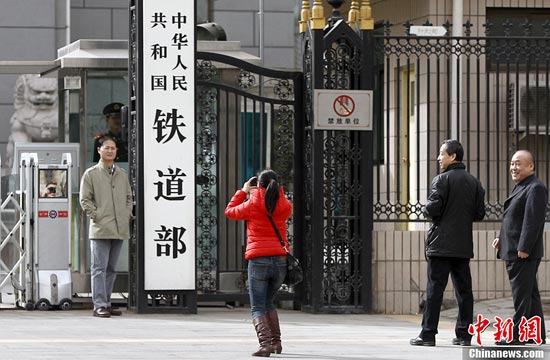 |
| People pose for photos in front of the Ministry of Railways in Beijing. According to a report on the State Council institutional reform, the ministry will be dismantled into administrative and commercial arms to reduce bureaucracy and improve railway service efficiency. (Photo/CNS) |
CHINA'S government unveiled a restructuring plan yesterday, cutting the number of ministries under the State Council from 27 to 25, and reorganizing several departments and agencies.
The plan dissolves the powerful Ministry of Railways, as the country's new leaders look to boost efficiency and combat corruption.
The National Population and Family Planning Commission and the Ministry of Health will be combined, and the powers of food and drug regulators strengthened, the government said in a report released during the annual meeting of the National People's Congress.
The reforms mark the biggest reduction in ministries since 1998.
The restructuring, the seventh since China began market reforms 30 years ago, includes guidelines to restrict and better define the central government's responsibilities, limiting its issuing of permits for projects, the setting of standards and other policies that have slowed decision-making.
"Currently, numerous operational, organizational and division of labor problems exist in State Council ministries," the State Council's Secretary-General Ma Kai said. "Breach of duty, using positions for personal gain and corruption" had not been effectively constrained."
Among the changes, the corruption-plagued Ministry of Railways will be split, its regulatory responsibilities going to the Ministry of Transport, with a newly created China Railway Corp responsible for building railways and managing freight and passenger services.
The ministry has faced numerous problems over the past few years, including heavy debts from funding new high-speed lines, waste and fraud.
The government has pledged to open the rail industry to private investment on an unprecedented scale.
The merging of the family planning commission, which oversees enforcement of the one-child policy, with the Ministry of Health is a sign that the government may be rethinking its approach to family planning.
The proposal called for "maintaining and perfecting family planning policies."
Meanwhile, population research is being transferred to the economic planning agency, the National Development and Reform Commission, highlighting government concerns about the effect an aging population and shrinking labor force may have on the economy.
The restructuring plan will also boost the role of food and drug regulators.
The Food and Drug Administration is being elevated in status to ministry level to give it added powers in the hope of improving enforcement and ending the lax enforcement that has led to repeated scandals over toxic medicines and tainted foods from milk to meat.
Prosecutions for producing or selling fake drugs or toxic food jumped to more than 8,000 in 2012, more than five times the number in 2011, according to a report by the office of the top prosecutor issued yesterday.
The National Energy Administration, created five years ago to help oversee a pressing need for the fast-growing but resource-strapped economy, would be expanded to absorb a regulatory body that sets electricity rates.
China will also merge its two media watchdogs under the restructuring plan - the General Administration of Press and Publication and the State Administration of Radio, Film and Television, Ma said.
The cabinet reorganization plan aims to create an efficient and law-based government with a clear division of power, reasonable distribution of labor and well-defined responsibilities, Ma told lawmakers.
"Departments of the State Council are now focusing too much on micro issues. We should attend to our duties and must not meddle in what is not in our business," Ma said.
While delivering his last government work report to China's top legislature on March 5, Premier Wen Jiabao acknowledged that the transformation of government functions had not been fully carried out and some government departments were prone to corruption.

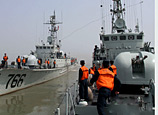
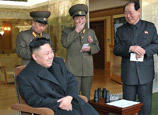
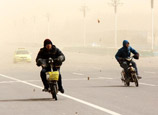



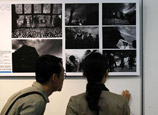








 Over 900 dead pigs found floating in Shanghai river
Over 900 dead pigs found floating in Shanghai river


![]()
